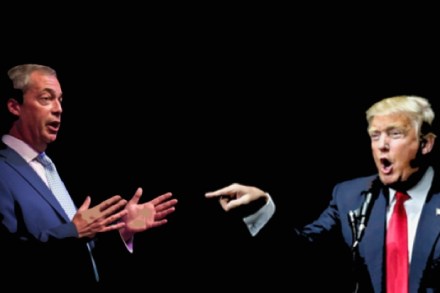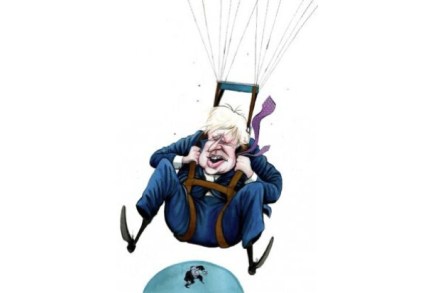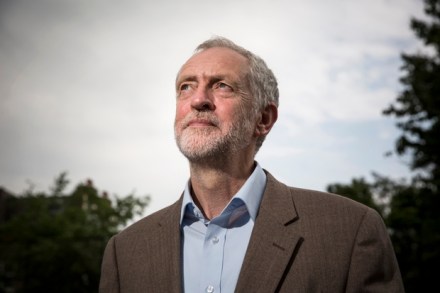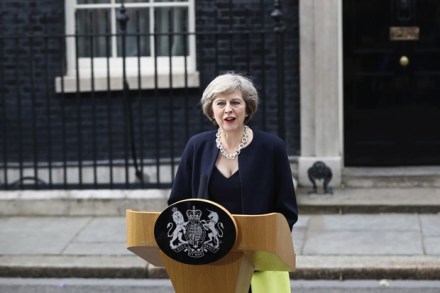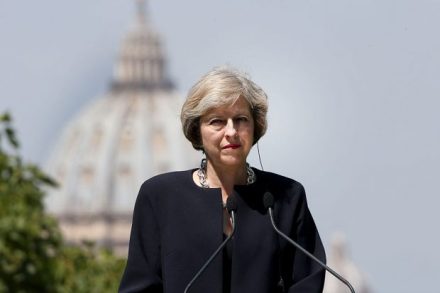How Breitbart hijacks right-wing populism
The news that Donald Trump’s new campaign manager is Steve Bannon, head of the right-wing media site Breitbart, has shocked a few commentators. It shouldn’t. For almost a year now, it’s been obvious to anybody who can be bothered to look that the Trump campaign and Breitbart fit together like hand in glove, though who is the hand and who is the glove is harder to fathom. Bitter ex-Breitbart employees now call the site ‘Trump’s Pravda’. The name seems to have been coined by Ben Shapiro, one of Breitbart’s more successful journalists, who finally had enough and resigned over what he saw as a lack of editorial integrity in the age of the Donald.
